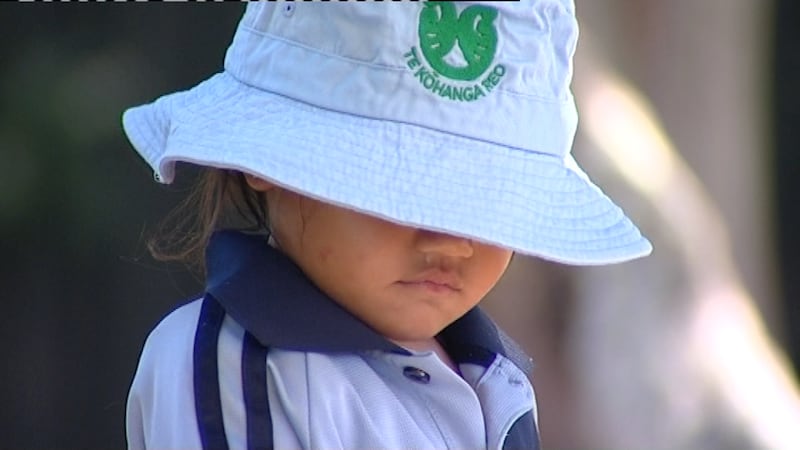From July 1 mātua and kaitiaki of young tamariki will be eligible to be given up to 25% of their weekly ECE fees back, to face the rising cost of living.
The scheme is named FamilyBoost, with families earning under $180,000 eligible for it.
The credit relates to fees incurred with a licensed ECE provider after the 20 Hours Free and MSD’s Childcare Subsidy are taken into account.
Te Ao News has confirmed with the government that kōhanga reo also fall under this scheme.
Te Kōhanga Reo o Te Maungārongo kaiako, Kausalya Martin Moore doesn’t see how the payments will help whānau at all.
“We see a lot of whānau in our kōhanga and they can’t even afford food for their mokopuna.
‘Just a feel-good mechanism’
“So I don’t see how $75 or $70 is going to help in any way other than, you know them [the government] trying to put more food on children’s tables rather than paying their fees at kōhanga,” Moore said.
She said ECE and kōhanga have never been grouped together like this before.
“We do a lot more than ECE. We give our reo to our mokopuna, we nurture them in our te ao Māori, and so why start now?
“If I’m going to be quite honest, I think this is just a mechanism to pull our whānau in to make them feel good a little bit so everything can be ‘hush hush’,” Moore told Te Ao News.
Each household with a child in ECE or kōhanga, and earning under $140,000 a year, will be paid the maximum amount of $975 every three months, the equivalent of $75 a week. Any homes earning higher amounts will see their returns gradually reduced.
| Household income | Maximum weekly rebate | Amount refund, paid three-monthly |
|---|---|---|
| Up to $140,000 | $75 | $975 |
| $150,000 | $56.25 | $731.25 |
| $160,000 | $37.50 | $487.50 |
| $170,000 | $18.75 | $243.75 |
Moore said she was “shocked” to find out the payments were not weekly but instead every three months.
“They [the government] are going to basically dripfeed them that allowance. So it’s not going to change anything with them because it’s going to come every three months.
“This is a daily struggle for our whānau. We see it first-hand here in our kōhanga reo and we know that whānau work hard, and it is something that they’re really struggling with.”
Finance Minister Nicola Willis said affording ECE fees was a barrier to entering the workforce, particularly for the second earner in a household.
“FamilyBoost will make it easier and more worthwhile for families with young children to work by directly assisting them to pay those ECE fees.
“FamilyBoost was a campaign commitment and forms part of our overall tax plan. I am delighted we are delivering on our promise today with support for those who need it,” Willis said.
No phones or internet
The first payment of the FamilyBoost scheme will be made in October, after matua and kaitiaki have submitted their ECE invoices (From July 1) through Inland Revenue online.
Moore told Te Ao News many of the whānau at her kōhanga reo do not have access to phones, computers or the internet.
“It becomes an added cost to them to go online and utilise those platforms when they won’t have the pūtea to do that.
“I feel like we are always at the bottom our kōhanga, our Māori people are always at the bottom,” Moore said.
More details about the FamilyBoost will be announced on Budget Day this year (May 30).

